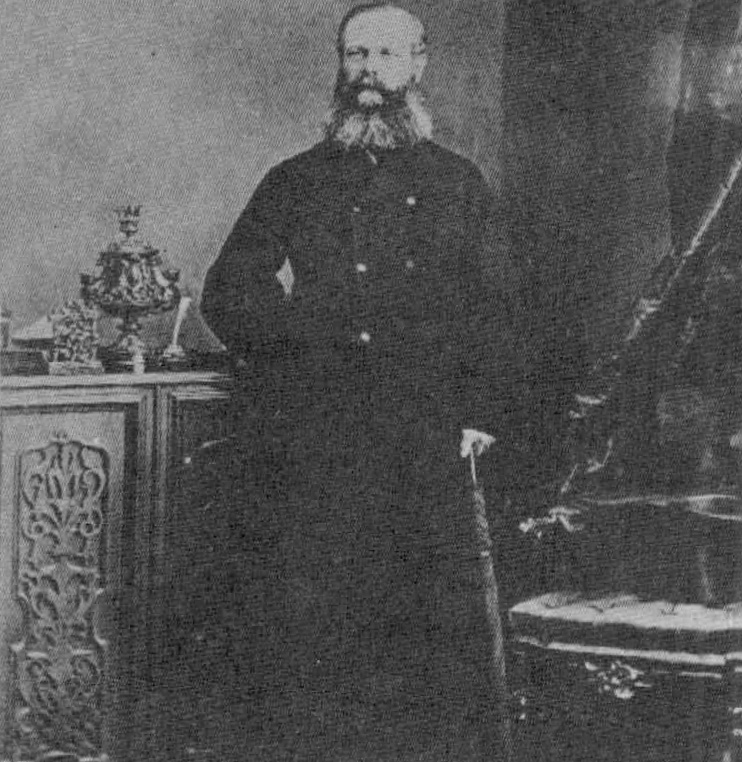
HISTORICAL EVENTS THAT TOOK PLACE ON THIS DAY IN CANADA
22 June

Governor-General Lord Monck (1819-1894)
Brown Unites Government
June 22, 1864, was perhaps the greatest day in the political history of Canada. Parliament was meeting at Quebec, but Canada (Ontario and Quebec) had been without a government for several days because the Conservatives under Sir Etienne Taché and John A. Macdonald had been defeated in the House. Public business was at a standstill.
When the afternoon session began, Macdonald rose to say that the Cabinet had decided to communicate with Governor Monck. This meant another general election. Suddenly, Reform Leader George Brown rose from his seat and announced that he was prepared to take part in a Union government, on the understanding that it would try to form a confederation of the British North American colonies.
There was near pandemonium in the House. It was astounding that Brown, ultraProtestant champion of reform, would ally with French-Canadian leaders like Taché and Cartier to bring about Confederation. As Brown waited for the uproar to subside, a little French-Canadian member rushed across the floor to embrace him. As Brown was so tall, he had to throw his arms around his neck and hang there!
The story behind this development was that Brown had been chairman of a committee to study Canada's constitutional problems; members included Macdonald, Cartier, Galt and D'Arcy McGee. On the morning of the very day that the Conservative government was defeated, the committee had voted to try for confederation of the British North American colonies. There were only four votes against the proposal, and one of them came from Macdonald!
Brown, who called Macdonald and his party "the Corruptionists," spent the next week negotiating with them. If some form of stable government were not established, the union of Upper and Lower Canada might disintegrate. Brown, who was in favour of Confederation, used this as a political lever to save the government.
Although Macdonald had voted against Confederation, once he agreed to Brown's terms, he went ahead whole-heartedly to become its greatest architect. The coalition government went into effect on June 30. Governor Monck then wrote to the lieutenant-governors of Nova Scotia, New Brunswick and Prince Edward Island, asking if delegates from Canada could attend the Charlottetown Conference on Maritime Union in September. This was the big step towards Confederation.
OTHER NOTABLE EVENTS ON THIS DAY IN CANADIAN HISTORY
22 June
-1603 Champlain landed in Canada for the first time as both a historian and geographer for the Pontgravé expedition.
-1611 Henry Hudson was turned adrift by his mutinous crew.
-1774 The Quebec Act was passed.
-1825 The Imperial Canadian Trades and Tenures Act abolished feudal and seignioral rights.
-1857 The Canadian Rifles Regiment was sent to the Red River.